Maybe You Stopped Improving Because You Were Driven By a Fear of Failure, Not a Desire to Succeed.8/3/2017
Being driven by a desire to win means that when you achieve your goal, you’ll feel joy. Being driven by a fear of failure means when you succeed, you’ll feel relief.
Whether training for your high school swim team or trying to make it to the pros, you've probably experienced a plateau. All athletes do! There are tons of physical reasons -- and one very mental reason -- why this happens. First of all, accept that “diminishing returns” is a real thing. When you first start a new sport or activity, you probably suck at it. Every hour you spend training makes you measurably better than you were before. Which makes sense, right? When you go from having practiced for one hour to having practiced for two, you've doubled the amount of time you've spent learning that sport. But when you've already got 10,000 hours under your belt, what's one more hour? When you first start swimming (or running, or rowing, or whatever), you’re able to take several seconds off of your time from one competition to the next. As you improve, you’re going to work just as hard (or harder) to take, like, half a second off your time. Or even just to maintain your PR. All athletes experience this. Are you stuck in a rut? Is your experience normal? One way to find out is by comparing your progress to that of your teammates. Are they improving more or more quickly relative to you?
From: My amazing Twitter feed.
If so, there could be something wrong with you. Maybe they're doing something you’re not -- eating a high-protein diet, jump roping for ten minutes before practice, lifting once per week, etc. The only way to know... is by asking them. There are lots of feel-good bloggers who would cringe at this advice. "The only person you should compare yourself to is who you were yesterday," they'll ignorantly muse. But as I wrote in Why You Should DEFINITELY Be Comparing Yourself to Others, Like, All The Time: 2. Upward social comparison is one of the best ways to improve. The post continues: But upward social comparison hasn't just given me hope and inspiration -- it's also changed my game! See, when I played in high school, there was this girl on the Andover team named Mimi Hernandez. She was tall and athletic, like me.
Thanks, in part, to Mimi, this happened:
If you don't compare yourself to people who are doing what you want to be doing, then you're missing out on opportunities to learn from them. To that end, I took the liberty of "fixing" a little meme I see on Facebook and Instagram all the time: Here’s another thought that might be helpful in your quest to self-improve -- not just in sports, but also in life: Take a moment to think about what drives you. When you’re pushing through the pain… are you driven by a desire to win, or a fear of losing? It’s a HUGE difference. Being driven by a desire to win means that when you achieve your goal, you’ll feel joy. Being driven by a fear of failure means when you succeed, you’ll feel relief. You’re way more likely to give up and burn out in the one instance than the other. I mean, come on. All that anxiety all the time? With little payoff except for a moment of relief? But I also think that the "fear of failure" mindset... sets you up for failure. And the "desire to succeed" mindset sets you up for success. Do you have an abundance (success) mindset, or a scarcity (failure) mindset? Do you feel like a total major alpha? Hopefully, yes. Because research shows that feelings of dominance and confidence, as well as a powerful body language, produce real changes in your body and hormones. As I wrote in These Specific Behaviors Will Make You More Charismatic, Starting RIGHT Now, Confidence -- as well as doubt -- affects how we carry ourselves, which affects both how others see us... and, in a frustrating and self-perpetuating cycle, governs some hormonal and physiological processes in our bodies. When you assume a powerful "victory stance," your testosterone (the dominance hormone) levels rise, and your cortisol (stress hormone ) levels drop. Read more > You can learn a bit more about this from Harvard Business School Professor Amy Cuddy's viral TED talk: If you like her talk, be sure to check out her best-selling book, Presence: Bringing Your Boldest Self to Your Biggest Challenges.
Find it on Amazon, or get it for free with your 30-day free trial of either Kindle Unlimited orAudible.
This is an area in which I think I excel. As I wrote in How to Write Your Brown 2017-2018 Supplemental Essays: The second most important thing: win the mental game. Off the court, I build a fun and inclusive community as a dorm proctor. I tutor, trying to make the aorist tense exciting to fellow Greek students. But the first thing I do on the court... is convince the person I’m guarding that I'm about to destroy them. It’s about posture, confidence, and starting explosively. The first five seconds can set the power dynamic for the whole game. Does this resonate with you? Or do you feel like you’re always the underdog, always struggling to come back from behind? Are you stoked about embarrassing your opponent... or worried about embarrassing yourself? It makes a difference. Your mindset won’t just keep you from burning out when things get tough — it can also have an effect on your body and emotions on game day. So... say you are plagued by that fear of failure? What next? Some basic first steps include: 1. Learn about cognitive reframing. It's One of The Most Powerful Psychology Hacks Ever Invented, And It Only Takes a Few Minutes. Cognitive reframing has long been used in cognitive behavioral therapy (CBT) to help patients with identify -- and then dispute -- negative thoughts and thought patterns. Originally developed to combat depression, it quickly caught on among psychologists, and soon spread to more general uses.
You could also look into sports psychology and visualization, since these operate using very similar principles.
2. Downward social comparison. We've already covered the value and usefulness of upward social comparison. But there are three other ways to improve and feel better about yourself -- and one of the most effective is downward social comparison. Upward social comparison ("if I work hard, I can be like Jimmy Butler") helps you stay inspired and figure out what you need to do to improve. But downward social comparison ("at least I make my threes, unlike Mimi, who can only go low") helps you focus on the skills and accomplishments you already have. It stops you from ruminating about what you can't do, and helps you focus on what you can do. This builds up your confidence, which can be a game (and life) changer. 3. (Healthy and productive) Self-handicapping. Self-handicapping is one of the four ways to feel better about yourself -- but, done incorrectly, it's toxic. For example, one way to make sure you don't feel bad about yourself after failing a test... is to not study for the test. That way, if you don't do well, it's because you didn't study. But if you do well, even though you didn't, it just shows how awesome and amazing you are. Don't do that. Instead, use "self-handicapping" as a form of quick, on-the-go cognitive reframing. Let me share a story that illustrates what I mean. Once upon a time, I realized that it was cheaper to rent a beachfront condo in the US Virgin Islands... than a crappy studio in Palo Alto. So I moved to St. Thomas. (I was self-employed and working from home, so there was no reason not to.) It was beautiful! One day, I met another tall woman at the grocery store, and I asked her if she knew about any pickup basketball games on the island. "Thursdays at 6am and Sundays at 10," she told me, ever-so-slightly reluctantly... I was greeted by typical basketball noises when I showed up at the gym that Sunday -- shoes screeching. Balls bouncing. But as the door closed behind me, everything fell silent. Everyone turned to stare at me. Finally, one man asked, "Are you here to play basketball?" "Yes!" I answered. And everyone started laughing. Not only was I the only girl... but I was also the only white person. (Let's not beat around the bush -- we all know that 75% of the NBA is black, and you're "not gonna see a white guy to white guy alley-oop all the time.") I was like a double sore thumb. I hadn't even done anything yet, and people were already laughing. I could have been intimidated. I could have left. But instead, I told myself something: "Nothing I do at this point can make me look any worse than they expect me to be. They'll cheer if all I manage to do is make my layups!" Instead of feeling pressure to fight stereotypes, I felt complete freedom to try anything I wanted without fear... And I went on to score the first six points of the game. Long story short: if you can self-handicap in a productive way -- do it. 4. Stop ruminating. Remember Charles Barkley, the man who never had a bad game? What about Scottie Pippen, the best Chicago Bull of ALL time? Obviously, this Footlocker commercial is a spoof. But athletes -- especially women -- can learn a super important lesson from it. As I wrote in a previous blog post: A great basketball coach once told me, "On average, men think about the mistakes they make on the court for ten seconds. Do you know how long a women thinks about her mistakes? If you spend time thinking about mistakes and blaming yourself, you're going to slip into a fear/anxiety-based mindset, whether you want to or not. Your confidence will suffer. Your performance will suffer. So learn to let go. I've said it enough times that I'm afraid of sounding repetitive and annoying -- but start by practicing mindfulness. When you're completely, 100% in this moment, you're not busy worrying about that dumb turnover you made. If you find yourself unable to get mindful during your sport or activity, it might be time to:
You can also check out The Confidence Code: The Science and Art of Self-Assurance --- What Women Should Know. 5. Trash talk. Man, sportsmanship is overrated. If a little trash talk helps you move past mistakes and elevate your game -- do it. I'm not huge on trash talk -- and since I'm usually the only girl playing basketball, it's just as likely to be taken as flirtation as wrath. But, I won't lie. I did call a certain jerk a "mouse in the house" the other night, after he insisted he guard the big guy I wanted to guard, then got two turnovers right away. I was doing it to be mean. But confronting him, face-to-face, instead of silently seething got me past the anger and back in the game. I mean, come on. If trash talk is good enough for Green, it's good enough for me.
**
Athletes -- how did you turn your fear of failure into a drive to succeed? Share your feedback in the comments.
2 Comments
Anonymous
8/3/2017 07:02:14 pm
Hey can you recommend a book like The Confidence Code for men?
Reply
12/25/2017 04:30:18 am
Honestly, I have never driven by the fear of failure. However, I feel that sometimes, it gives you the motivation and at other times, it becomes a roadblock to your success. It is totally up to you- how you respond it. But you have to overcome this fear of failure to make an advancement in life and career as well. I would say that by spotting the root cause, maintaining simplicity, accepting the failure, setting and visualizing the goals, you can turn your fear of failure into an asset for the victory. As your mind is everything, thus you need to be mentally active so that you can become the best self.
Reply
Leave a Reply. |
About the Author

Eva is a content specialist with a passion for play, travel... and a little bit of girl power. Read more >
Want to support The Happy Talent? CLICK HERE!
Or Find me on Patreon!
What's Popular on The Happy Talent:
Trending in Dating and Relationships:
What's Popular in Science: Playfulness and Leisure Skills:
Popular in Psychology and Social Skills:
Categories
All
|
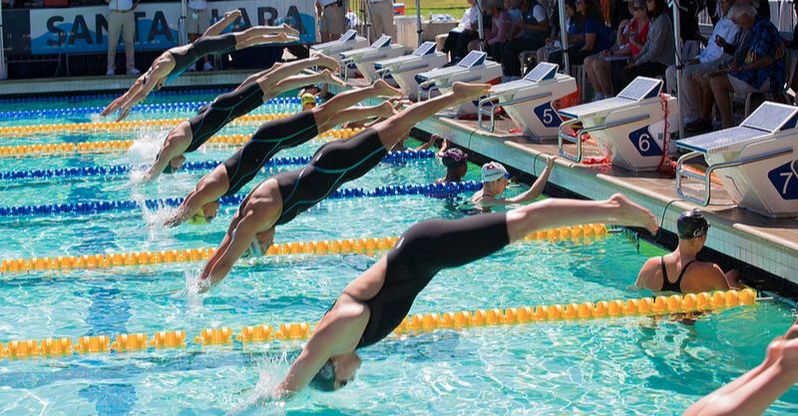

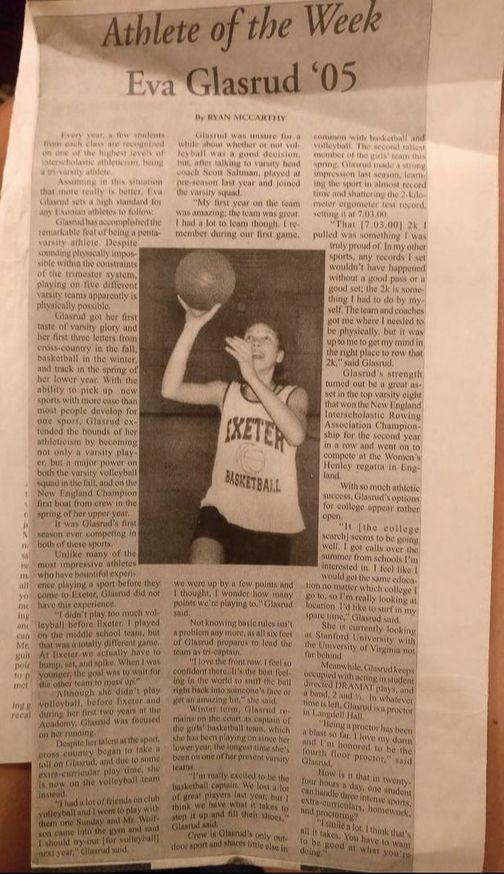
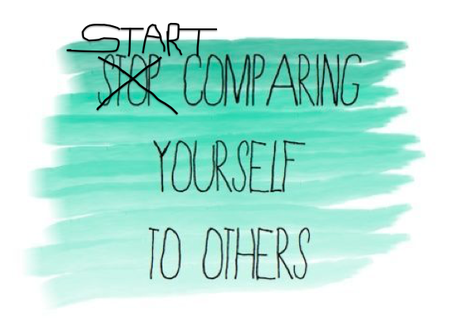

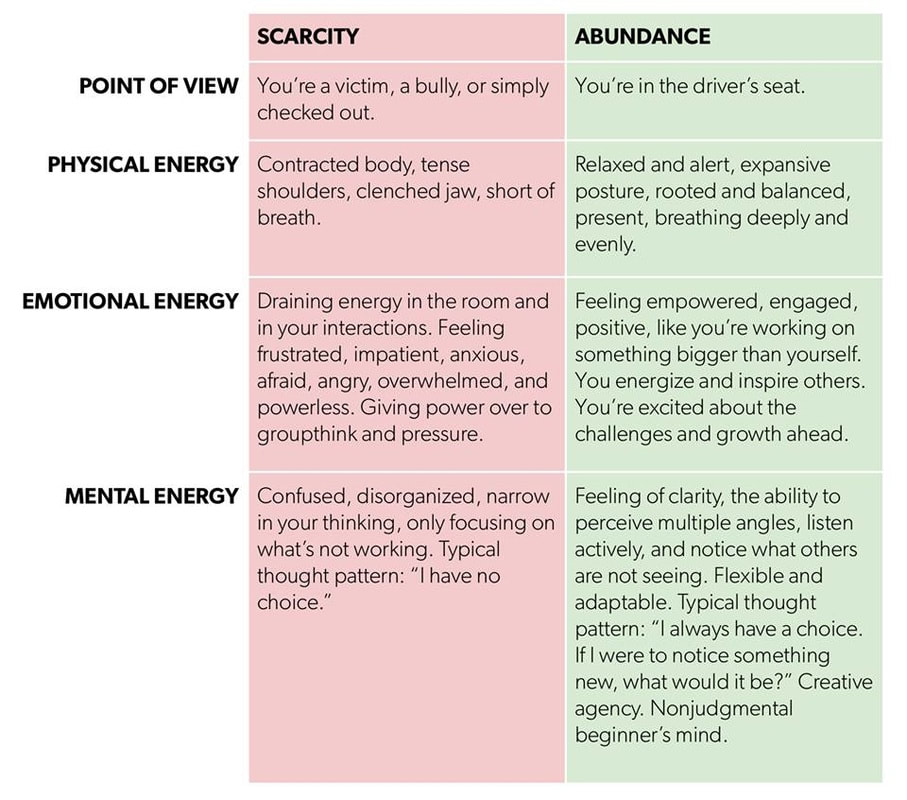
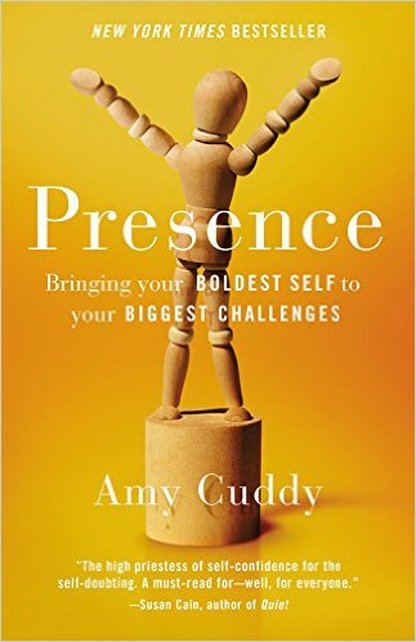


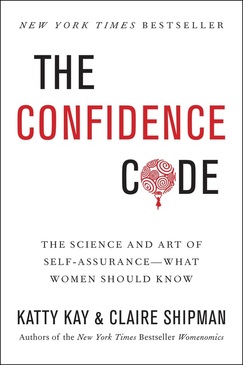

























 RSS Feed
RSS Feed